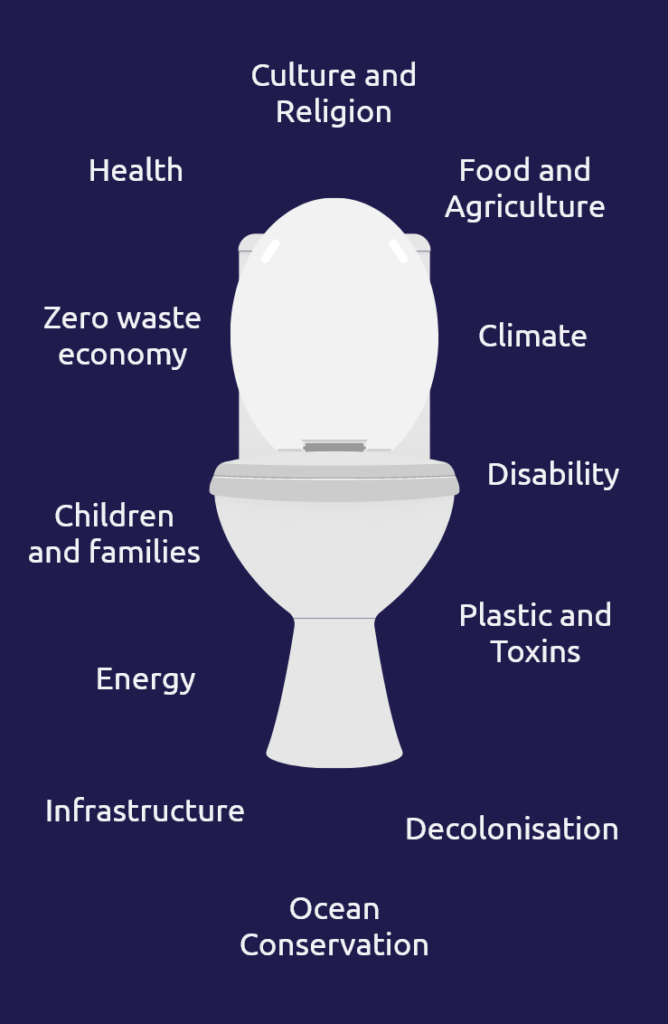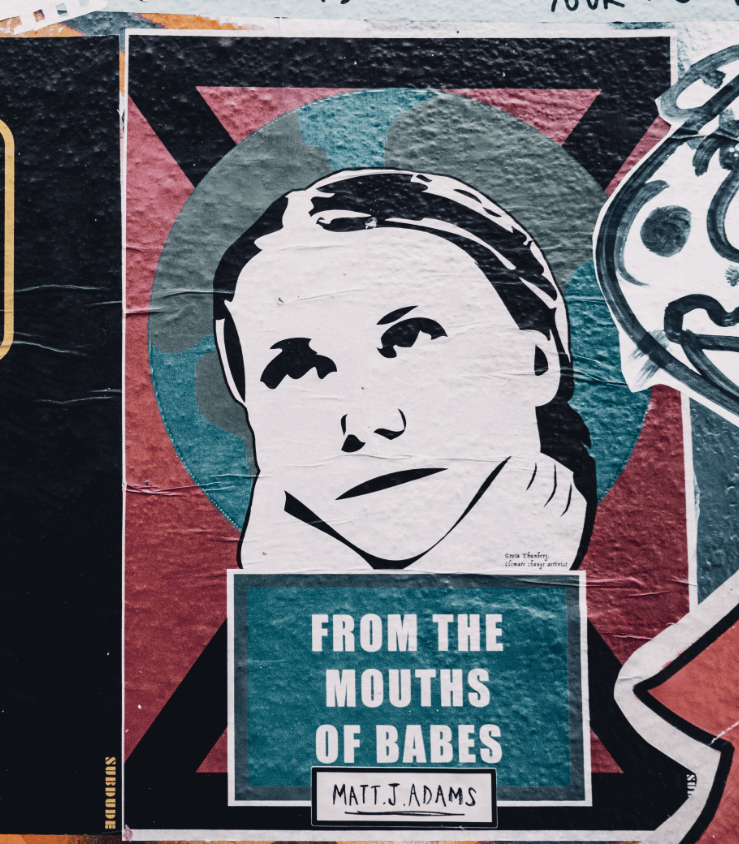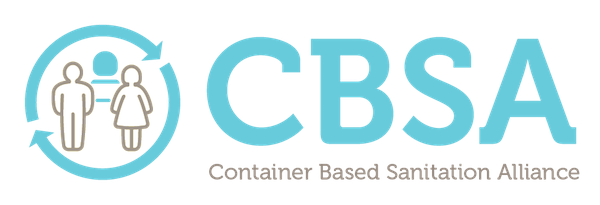There is no silver bullet in the world of sanitation.
The concept of sustainability is more of a direction than a state to reach.”
There is no single approach or technology that will solve our complicated sanitation issues, but we may just find a loophole if we imagine Lootopia.
An aspirational place where everyone has access to healthy and sustainable toilets, and where world-class toilets meet closed-loop, ecological sanitation.
Instead of polluting the fresh and marine water bodies on which life depends, the enriching nutrients from human excreta are returned to the soil where they belong.

Chelsea Wald introduced us to Lootopia and the emerging cultural shift in the meaning of the toilet and that it is changing along with the technology, as the one cannot change without the other.
Traditionally the meaning of the toilet has been largely about health but when you put the toilet in the centre of the stories as in the diagram on the left, you realise that it connects to many more aspects of life.
It becomes clear that the toilet and toilet systems can be a tool for addressing all of these issues and for helping to solve a wide range of problems.
The toilet becomes an interface that connects us to the planet and each other, so if we can improve the toilet, we can improve everybody’s lives.
At this point in time, the culture of improving people’s lives is embedded in the 17 global Sustainable Development Goals adopted by the United Nations in 2015 as a universal call to action to end poverty, protect the planet, and ensure that by 2030 all people enjoy peace and prosperity.
The 17 SDGs are integrated—they recognise that action in one area will affect outcomes in others, and that development must balance social, economic and environmental sustainability.
WaSH is an acronym that stands for “water,
sanitation and hygiene” and is the focus of the first
two targets of Sustainable Development Goal 6 (SDG 6):
equitable and accessible water and sanitation for all.
Strong and resilient local and national WaSH systems need to be in place to achieve the SDGs, not just SDG 6, and these systems can only be built together.
However, the big question is, “Should we still be relying on our governments and local municipalities to take care of our communities?”
Of course! But with the sanitation crisis bearing down on us, it is time for all of us to step in and step up, providing our own unique solutions to our particular challenges.
South Africa’s problem is not lack of technical skill, but its inability to mobilise private investment. The reasons are not predominantly financial or economic, but political. However, whether it be lack of funds or political will, the losers are always the people on the ground.

So let us join the young people, marching in their hundreds of thousands, demanding urgency, imagination and a radical rewiring of the world.
“We don’t need any more distant, non-binding pledges. We don’t need any more empty promises … Yet that is all that we are getting and no, that is not radical to say.
They have had 26 COPs, they have had decades of blah, blah, blah, and where has that led us?”
Greta Thunberg
Get in touch




